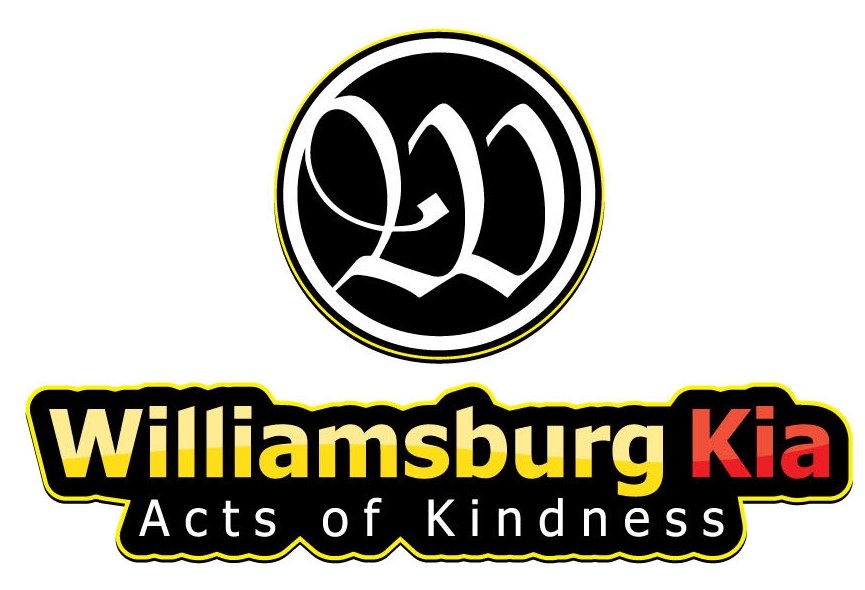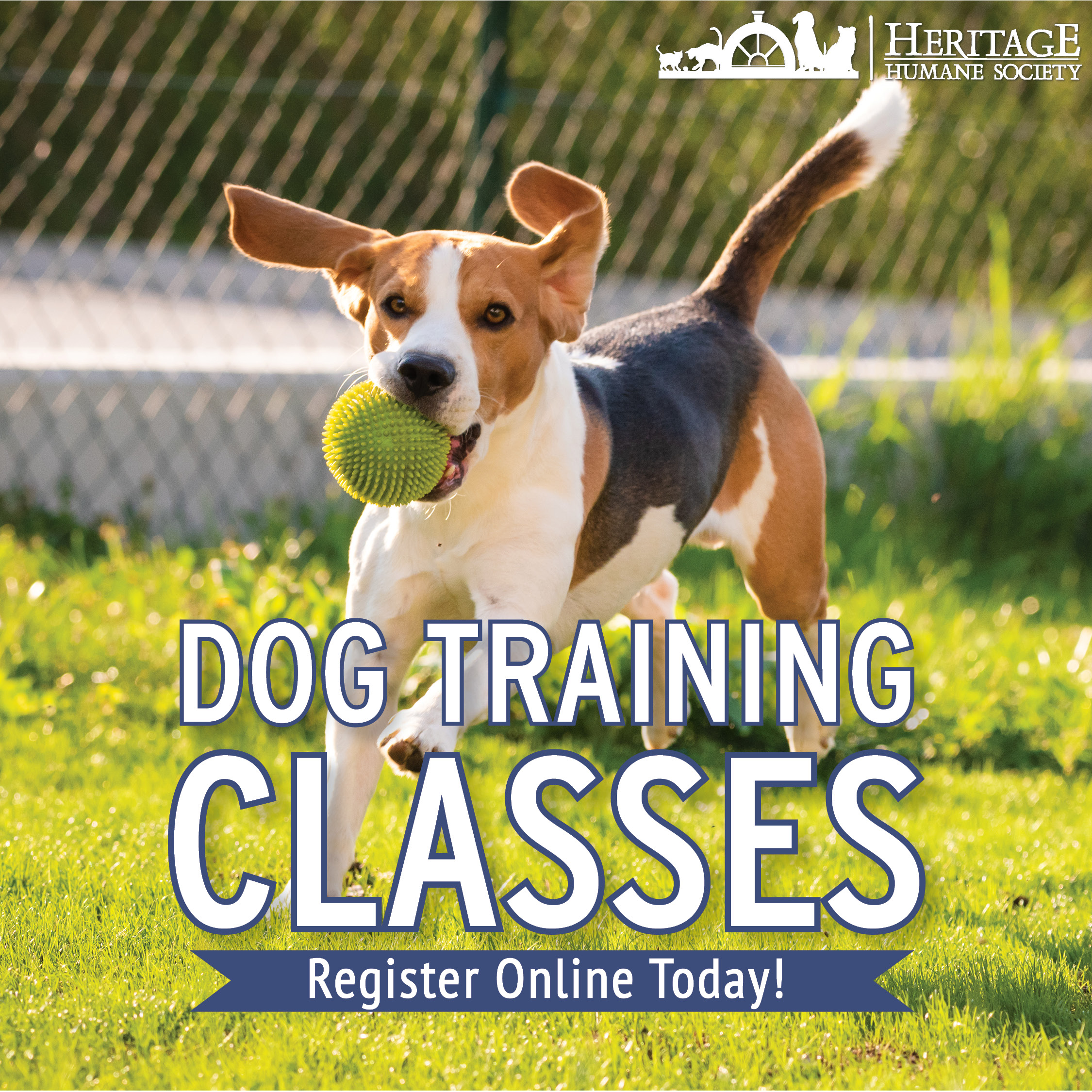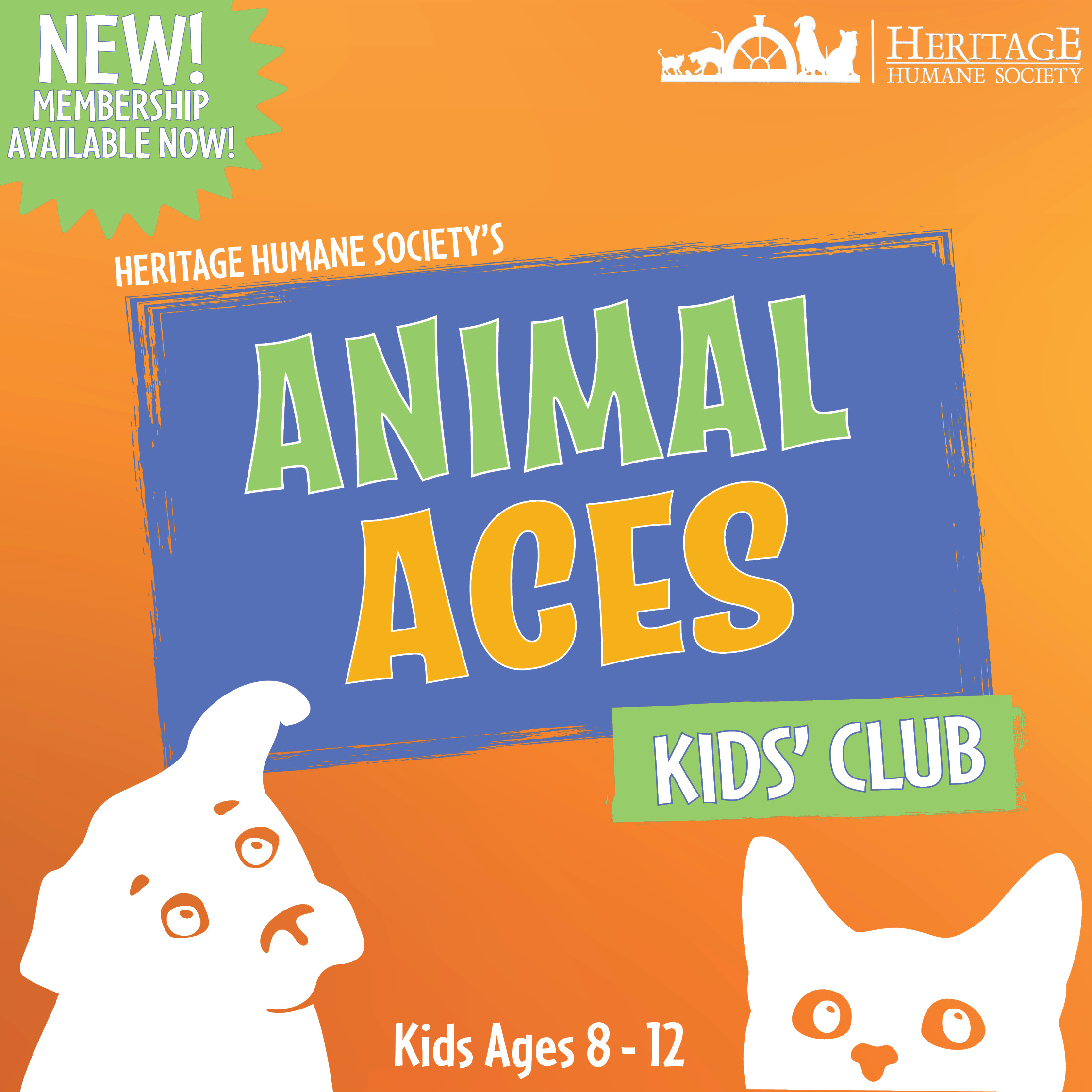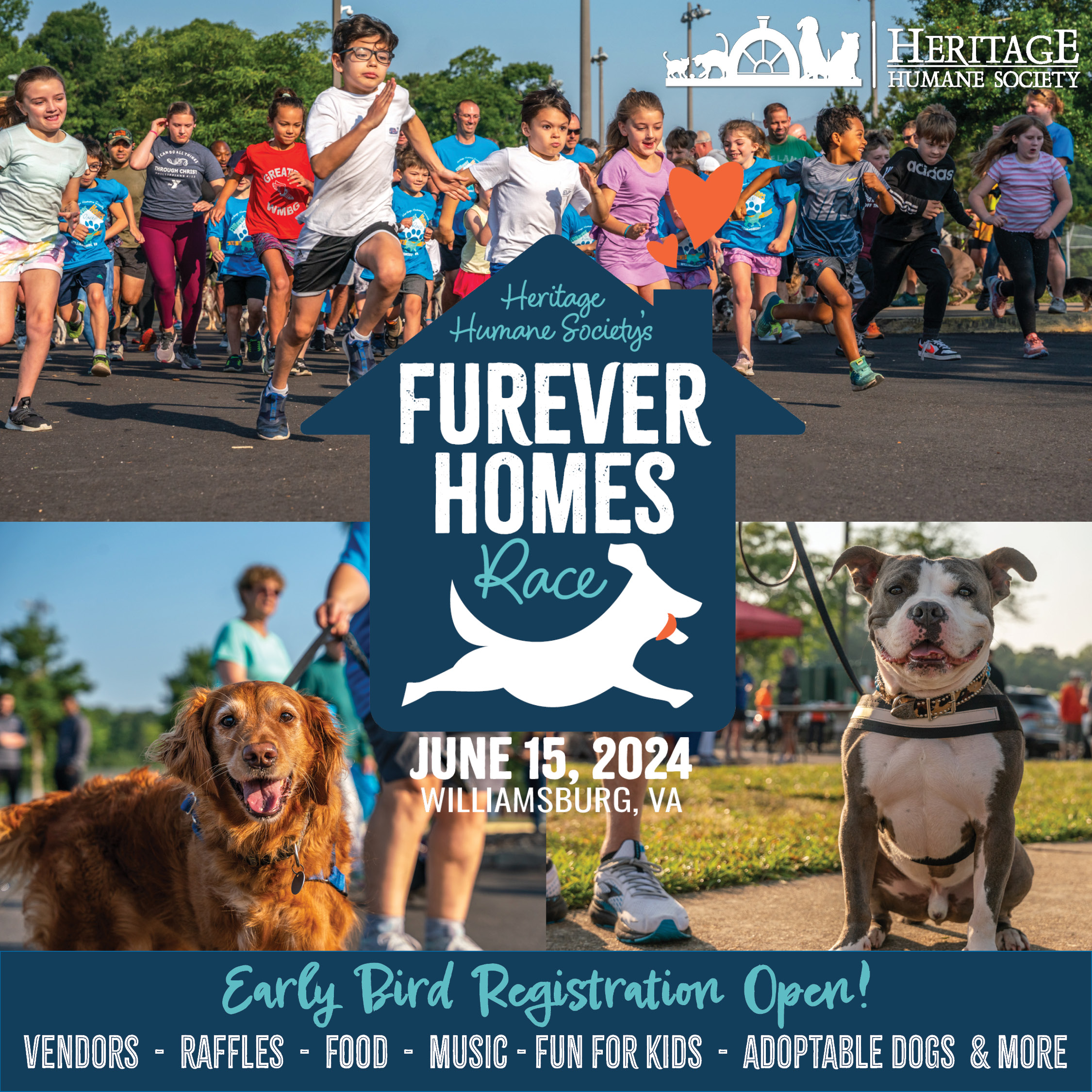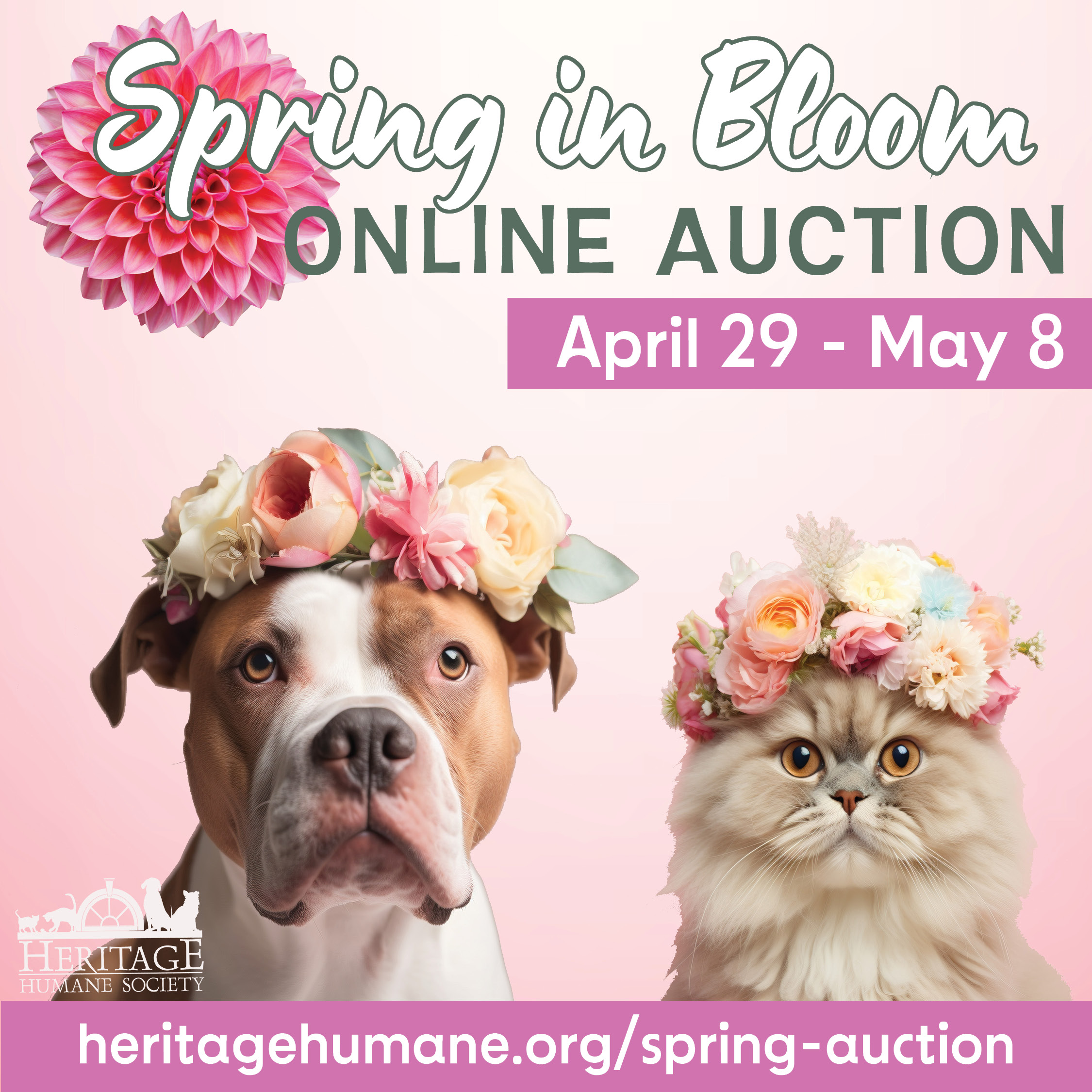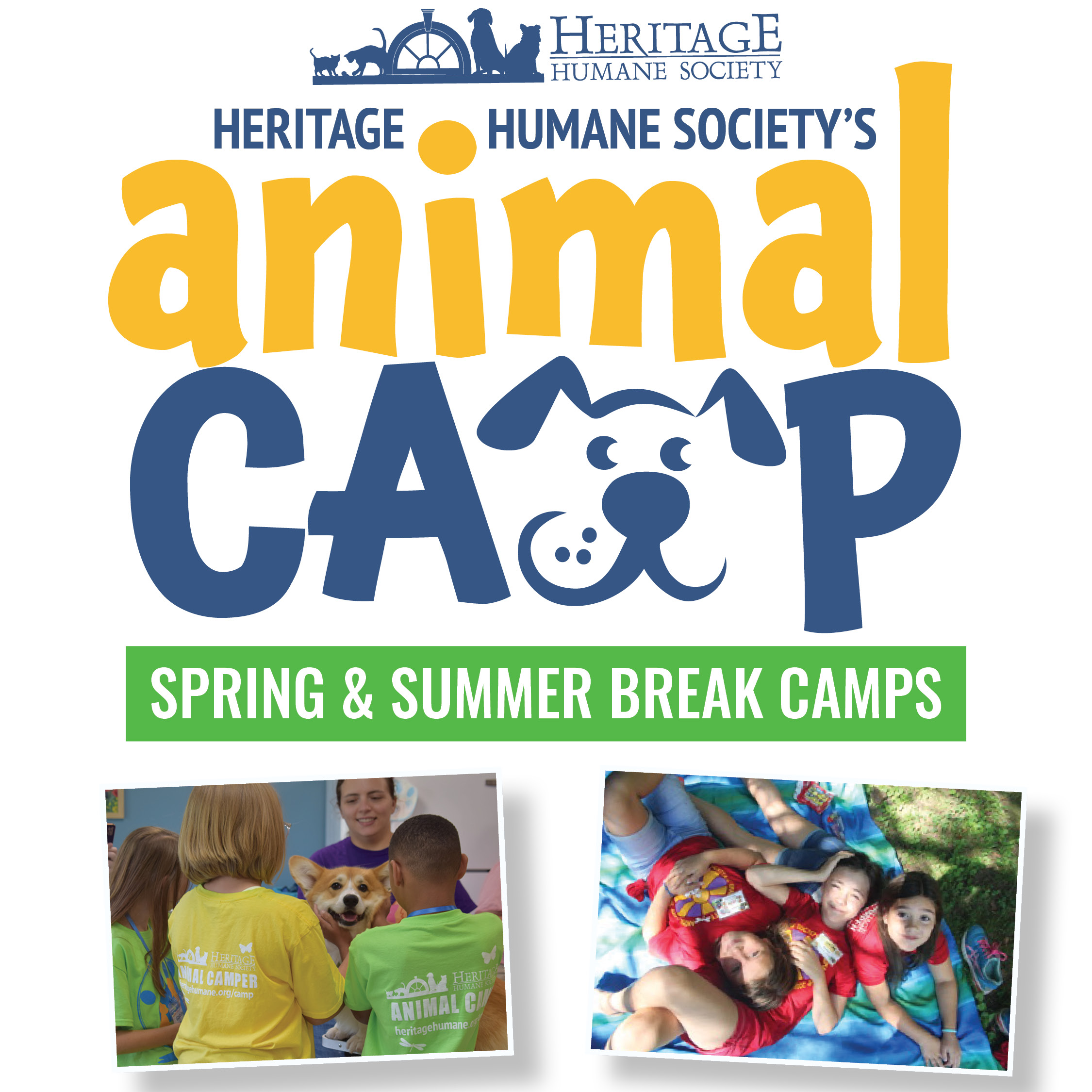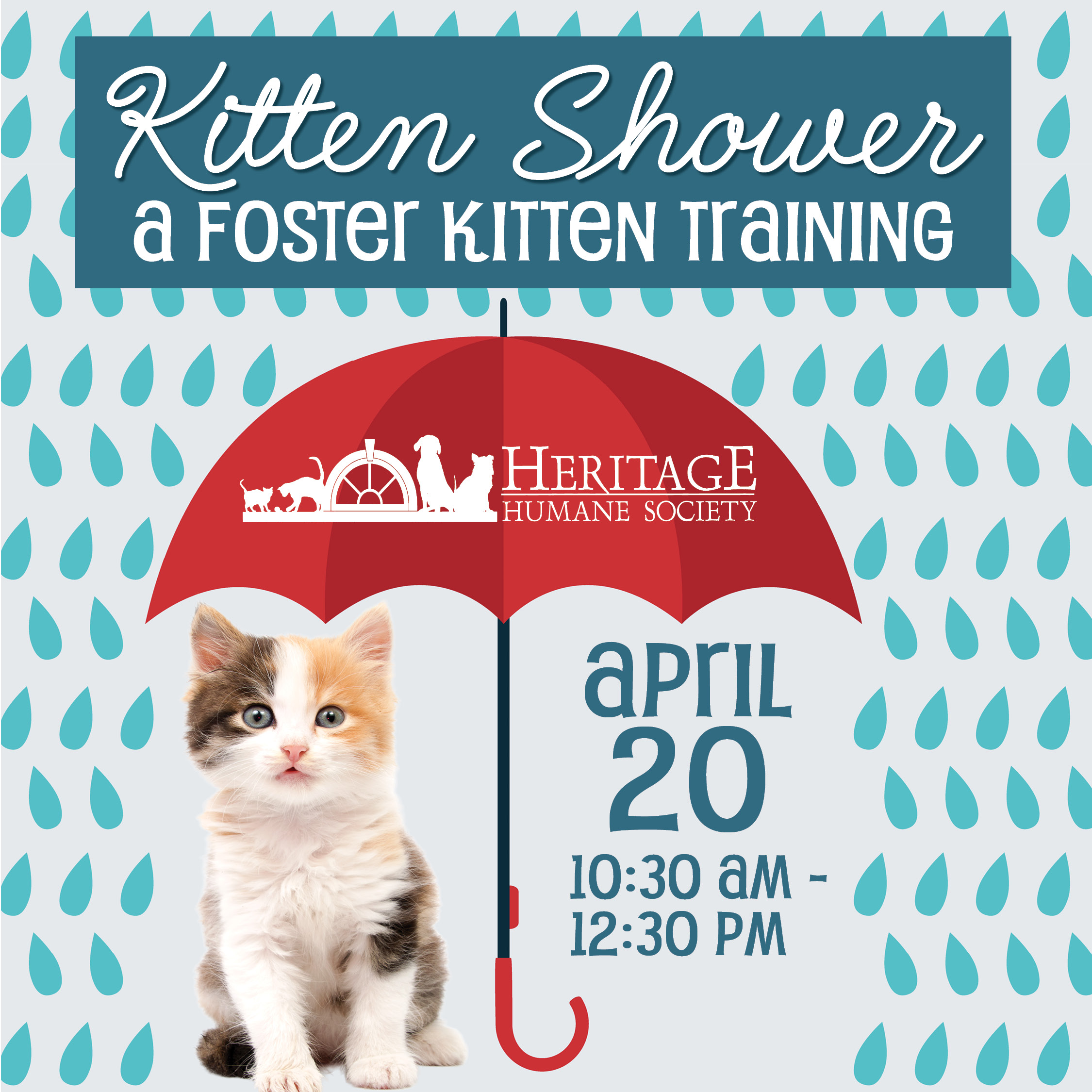 This article was featured in WYDaily on 4/5/24
This article was featured in WYDaily on 4/5/24
Found an injured or orphaned baby bunny, squirrel or bird? The next stop is actually not The Heritage Humane Society, however, the animal shelter is sharing the paths to organizations that can actually help.
The Heritage Humane Society is for domesticated animals such as dogs and cats, but not for wild animals. The shelter cannot accept injured wildlife. The Hampton Roads community has licensed wildlife rehabilitation specialists. It costs nothing to call to reach out for help for an injured or orphaned wild animal.
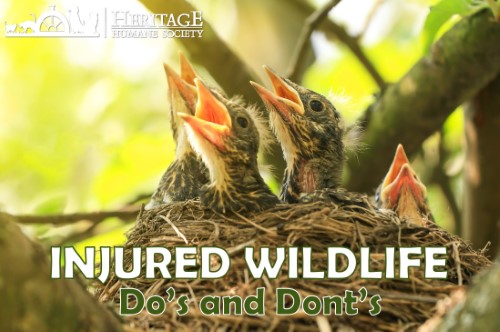
Quick Dos and Don’ts
When discovering an injured wild animal, many people want to help, but are not sure how. Here are fast tips while preparing to reach out to a wildlife specialist or a veterinary practice if it is one that accepts injured wildlife.
-
Do place the animal in a suitable container lined with cloth or a towel
-
Do keep the injured animal warm to help reduce shock
-
Do contact one of the following area wildlife specialists or vets
-
Don’t offer food or water in case of internal injuries
-
Don’t pet or attempt to examine the animal
-
Don’t allow curious pets to disturb the animal
Who can help injured wildlife
Connecting with the right wildlife organization can save critical time and increase the odds of survival for an injured or orphaned wild animal. The Heritage Humane Society injured wildlife website page is a resource for quickly finding the best fitting wildlife rescue depending on the type of animal. The Virginia Department of Wildlife Resources also features advice and contacts for licensed wildlife rehabilitators.
In the Greater Williamsburg area, for wildlife in urgent need of rescue, contact Wildlife Response at (757) 543-7000 or Tidewater Wildlife Rescue at (757) 255-8710.
Baby wildlife rarely needs humane intervention
While spring brings an abundance of new life for many animal types, the most common The Heritage Humane has been asked about in the past include rabbits, squirrels and birds. While wildlife rarely needs human intervention, here are help tips:
-
Baby birds. Baby birds with feathers, also known as fledglings, will typically hop around the ground. If they have feathers and are able to move around, please leave them alone. Baby birds with little to no feathers can be returned to their nest. When encountering a baby bird, whether it is injured or possibly orphaned, this bird discovery decision tree is a guide to next steps.
-
Baby rabbits. Rabbits will typically build a nest in burrows in the ground. Their mother typically only comes to feed them a few times a day, so don’t be alarmed if the mother is not within sight nearby. When encountering a baby rabbit, this rabbit discovery decision tree is a guide to next steps.
-
Baby squirrels. Squirrels nest twice a year – in the late winter and summer. Babies may begin to explore outside the nest by six weeks old. A baby squirrel has the best chance at survival when it is cared for by its mother. When coming upon a seemingly injured or orphaned squirrel, this squirrel discovery decision tree is a guide to next steps.
The Hampton Roads community has licensed wildlife rehabilitation specialists. It costs nothing to call to reach out for help for an injured or orphaned wild animal. Additionally, some area veterinary practices will provide guidance including:
-
Godspeed Animal Care: (757) 234-8199
-
Animal Emergency Clinic (open 24 hours): (757) 234-0461
Adoptable, domesticated pets ready for a forever home
The shelter is filled with homeless pets who are eager to have forever homes. Nearly 150 dogs, cats and small pets are currently in their care. Adoptable pets are available to meet during The Heritage Humane Society’s visiting and adopting hours from 12 to 4:30 p.m., Tues. through Sun.
To learn more, visit HeritageHumane.org, call 757-221-0150, or visit The Heritage Humane Society located at 430 Waller Mill Rd, Williamsburg, VA 23185.
Sponsored content by
